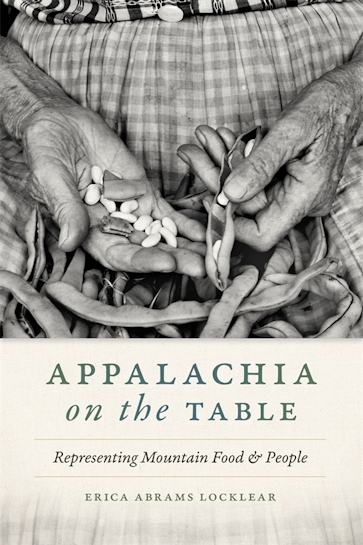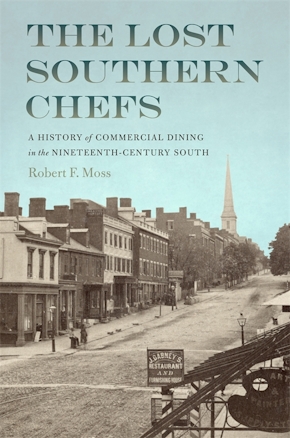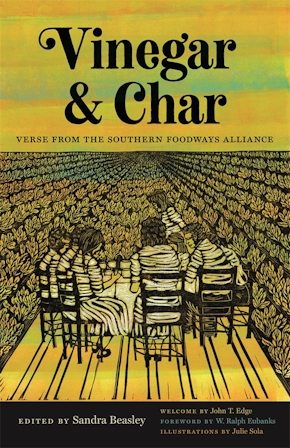Appalachia on the Table
Representing Mountain Food and People
Title Details
Pages: 242
Illustrations: 10 b&w images
Trim size: 6.000in x 9.000in
Formats
Paperback
Pub Date: 04/15/2023
ISBN: 9-780-8203-6339-4
List Price: $29.95
Hardcover
Pub Date: 04/15/2023
ISBN: 9-780-8203-6340-0
List Price: $114.95
eBook
Pub Date: 04/15/2023
ISBN: 9-780-8203-6337-0
List Price: $29.95
eBook
Pub Date: 04/15/2023
ISBN: 9-780-8203-6338-7
List Price: $29.95
Subsidies and Partnerships
Published with the generous support of Bradley Hale Fund for Southern Studies
Related Subjects
COOKING / Regional & Ethnic / American / Southern States
SOCIAL SCIENCE / Regional Studies
SOCIAL SCIENCE / Agriculture & Food
HISTORY / United States / State & Local / South (AL, AR, FL, GA, KY, LA, MS, NC, SC, TN, VA, WV)
Appalachia on the Table
Representing Mountain Food and People
How do long-held preconceptions about Appalachian foodways color our perception of the region and its people?
Skip to
- Description
- Reviews
- Awards
When her mother passed along a cookbook made and assembled by her grandmother, Erica Abrams Locklear thought she knew what to expect. But rather than finding a homemade cookbook full of apple stack cake, leather britches, pickled watermelon, or other “traditional” mountain recipes, Locklear discovered recipes for devil’s food cake with coconut icing, grape catsup, and fig pickles. Some recipes even relied on food products like Bisquick, Swans Down flour, and Calumet baking powder. Where, Locklear wondered, did her Appalachian food script come from? And what implicit judgments had she made about her grandmother based on the foods she imagined she would have been interested in cooking?
Appalachia on the Table argues, in part, that since the conception of Appalachia as a distinctly different region from the rest of the South and the United States, the foods associated with the region and its people have often been used to socially categorize and stigmatize mountain people. Rather than investigate the actual foods consumed in Appalachia, Locklear instead focuses on the representations of foods consumed, implied moral judgments about those foods, and how those judgments shape reader perceptions of those depicted. The question at the core of Locklear’s analysis asks, How did the dominant culinary narrative of the region come into existence and what consequences has that narrative had for people in the mountains?
—Meredith McCarroll, author of Unwhite: Appalachia, Race, and Film
—Megan J. Elias, director of the Gastronomy Program and associate professor at Boston University
—Wiley Cash, Garden and Gun
—Jessi Rae Morton, Southern Review of Books
—Wiley Cash, The Assembly
—Jonnah Perkins, Civil Eats
—C.A. Carlson, Our State
—E. Gale Greenlee, writer/editor and an independent literary and Black Girlhood Studies scholar
—Kathryn Newfont, associate professor of history, University of Kentucky, past president of ASA
Winner
Weatherford Award, Appalachian Studies Association



